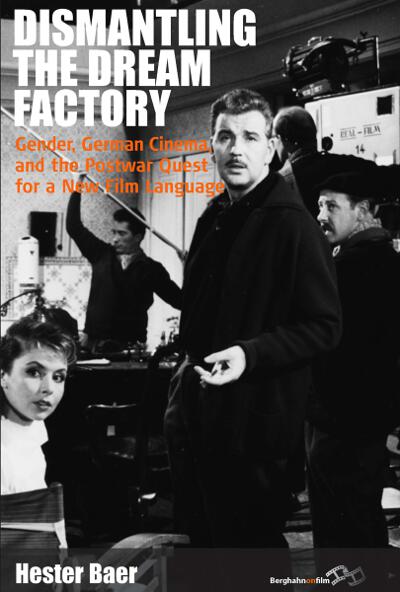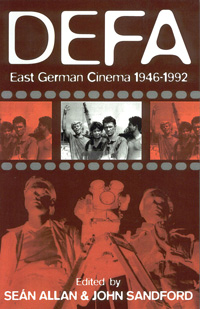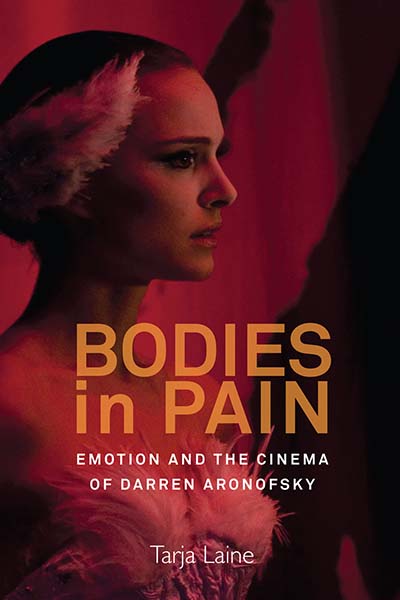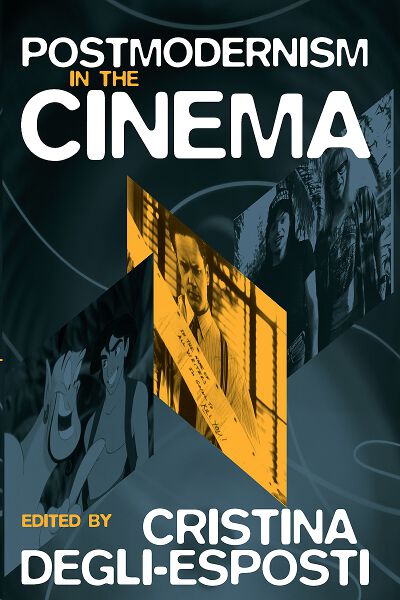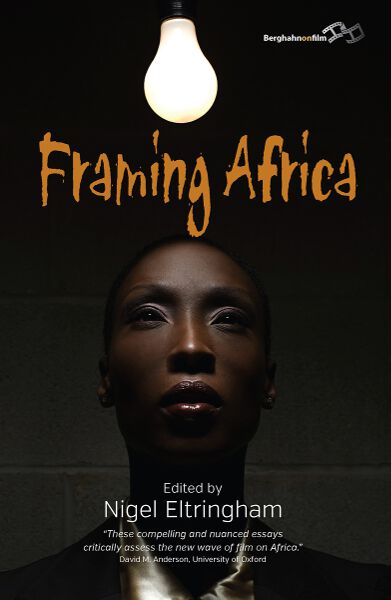
Email Newsletters
Sign up for our email newsletters to get customized updates on new Berghahn publications.
Framing Africa
Portrayals of a Continent in Contemporary Mainstream Cinema
Edited by Nigel Eltringham
176 pages, bibliog., index
ISBN 978-1-78238-073-3 $135.00/£104.00 / Hb / Published (June 2013)
eISBN 978-1-80758-856-4 eBook
Reviews
“These compelling and nuanced essays critically assess the new wave of film on Africa. From Black Hawk Down to Red Dust, all the blockbusters are here – dissected and examined by writers with an intimate knowledge of the countries and their political and cultural settings. This is essential and entertaining reading for anyone who wants to understand what it is we learn about Africa, and about the world’s relationship with Africa, in 21st century film.” · David M. Anderson, University of Oxford
“This accessibly written book forms a welcome addition to media studies, approaches to the history of Africa, and anthropology, and demonstrates that academic specialists have pertinent things to say about the mass media to an audience outside of, as well as within, academia. Through an exploration of myth and metaphor, the volume shows how, despite the laudable intentions of film directors, mythical histories of Africa continue to serve the needs of Westerners.” · Pat Caplan, Goldsmiths College
Description
The first decade of the 21st century has seen a proliferation of North American and European films that focus on African politics and society. While once the continent was the setting for narratives of heroic ascendancy over self (The African Queen, 1951; The Snows of Kilimanjaro, 1952), military odds (Zulu, 1964; Khartoum, 1966) and nature (Mogambo, 1953; Hatari!,1962; Born Free, 1966; The Last Safari, 1967), this new wave of films portrays a continent blighted by transnational corruption (The Constant Gardener, 2005), genocide (Hotel Rwanda, 2004; Shooting Dogs, 2006), ‘failed states’ (Black Hawk Down, 2001), illicit transnational commerce (Blood Diamond, 2006) and the unfulfilled promises of decolonization (The Last King of Scotland, 2006). Conversely, where once Apartheid South Africa was a brutal foil for the romance of East Africa (Cry Freedom, 1987; A Dry White Season, 1989), South Africa now serves as a redeemed contrast to the rest of the continent (Red Dust, 2004; Invictus, 2009). Writing from the perspective of long-term engagement with the contexts in which the films are set, anthropologists and historians reflect on these films and assess the contemporary place Africa holds in the North American and European cinematic imagination.
Nigel Eltringham is Senior Lecturer in the Department of Anthropology at the University of Sussex. He has published extensively on the aftermath of the 1994 Rwandan genocide, conducting research in Rwanda, among the Rwandan diaspora in Europe and at the International Criminal Tribunal for Rwanda (Arusha Tanzania).

